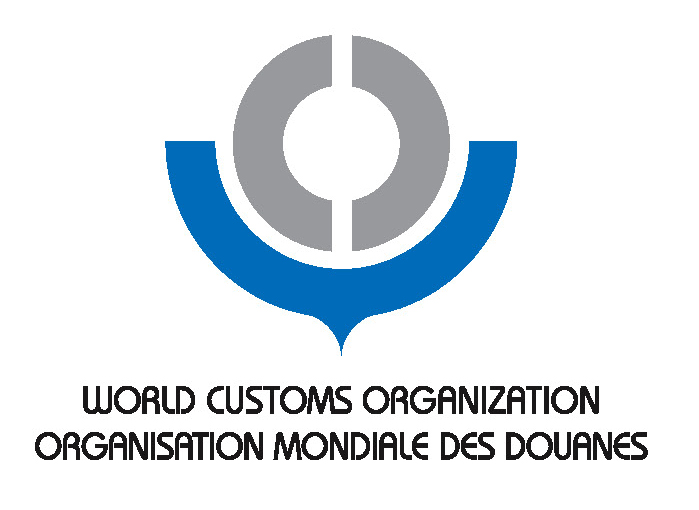A highlight in 2017: WCO adopts Collective Action in customs. What will 2018 bring?

Looking back on developments in Collective Action in 2017, one of the events that stands out was the World Customs Organization’s (WCO) formal adoption of Collective Action as an innovative approach to enhance integrity and combat corruption in Customs and Tax administration.
The WCO Integrity Sub-Committee held its 16th Session on 9-10 March 2017 at the WCO headquarters in Brussels. Over 150 delegates representing WCO Member administrations and stakeholder organisations participated in discussions that ensued after a warm welcome by the Chairperson, Mrs. Sigfríður Gunnlaugsdóttir from Iceland Customs.
On the first day, a joint session of the Capacity Building Committee and the Integrity sub-Committee was held. The theme of the joint session was Collective Action to promote Integrity, the examples that were presented in the session came from those who are actually implementing them, and were all very inspiring. I was honoured to have contributed to the WCO’s elaboration of its background paper on Collective Action* that formed the basis of the WCO’s endorsement, available here, and present on the panel.
The example that stands out though came from the Director of Customs of the Guatemala Revenue Authority, and a representative from the Guatemalan private sector who presented on the benefits of joining forces to fight corruption. This was a dramatic case and a groundbreaking alliance that shows the power of Collective Action. The presenters started the story with a reminder of what 36 years of devastating civil war had caused in their country, which was bad enough in itself but was then compounded by corruption on a grand scale that weakened the country even further.
In 2015 numerous government officials were arrested in Guatemala over their alleged involvement in ‘La Linea’ (“the line”), which was the name given to the hotline businesses would call to access corrupt officials to obtain illegal discounts on their Customs duties. This fraud scheme was a multi-million dollar operation that included the Superintendence of Tax Administration (SAT). The supposed priority given to the collection of duties and taxes led to an increase in the physical inspection of goods, in turn this induced importers to offer bribes either to avoid the Customs duty or to obtain reduced tariffs. These kickbacks were then shared amongst a wide network of government officials.
The clean-up operation in Guatemala is described in the June 2017 edition of WCO News. It included investigations and prosecutions, re-staffing of the SAT and the creation of working groups and committees that are dedicated to ensuring clean Customs. The private sector sought to ensure its voice was heard regarding its concerns and this resulted in the formation of a Committee for Dialogue and Cooperation between Public and Private Entities in Customs Affairs. This Collective Action approach, described in our B20 Collective Action Hub, enabled the representatives to discuss improvements and to share best practices that will benefit everyone.
Of course the system is not perfect, the public and private sectors do not agree on everything and there are challenges in achieving sustainability and making progress at a pace that is quick enough for everyone. But all agree that dialogue is better than bribery, Guatemala has taken a courageous step, the WCO has recognised this and it is an inspiring story and an example of what can be achieved even in circumstances that appear extremely challenging.
Collective Action is not a panacea but it can play a part in tackling some of the tough aspects of corruption. So as we are attending the WCO Integrity Sub-Committee meeting again this year in Brussels, we’re hoping the WCO will report on further such initiatives employing a Collective Action approach to combat corruption in customs, similar to the story from Guatemala.
* World Customs Organisation, Capacity Building Committee, 8th Session, Collective Action to Promote Integrity, HC0108E1a, 2 February 2017



